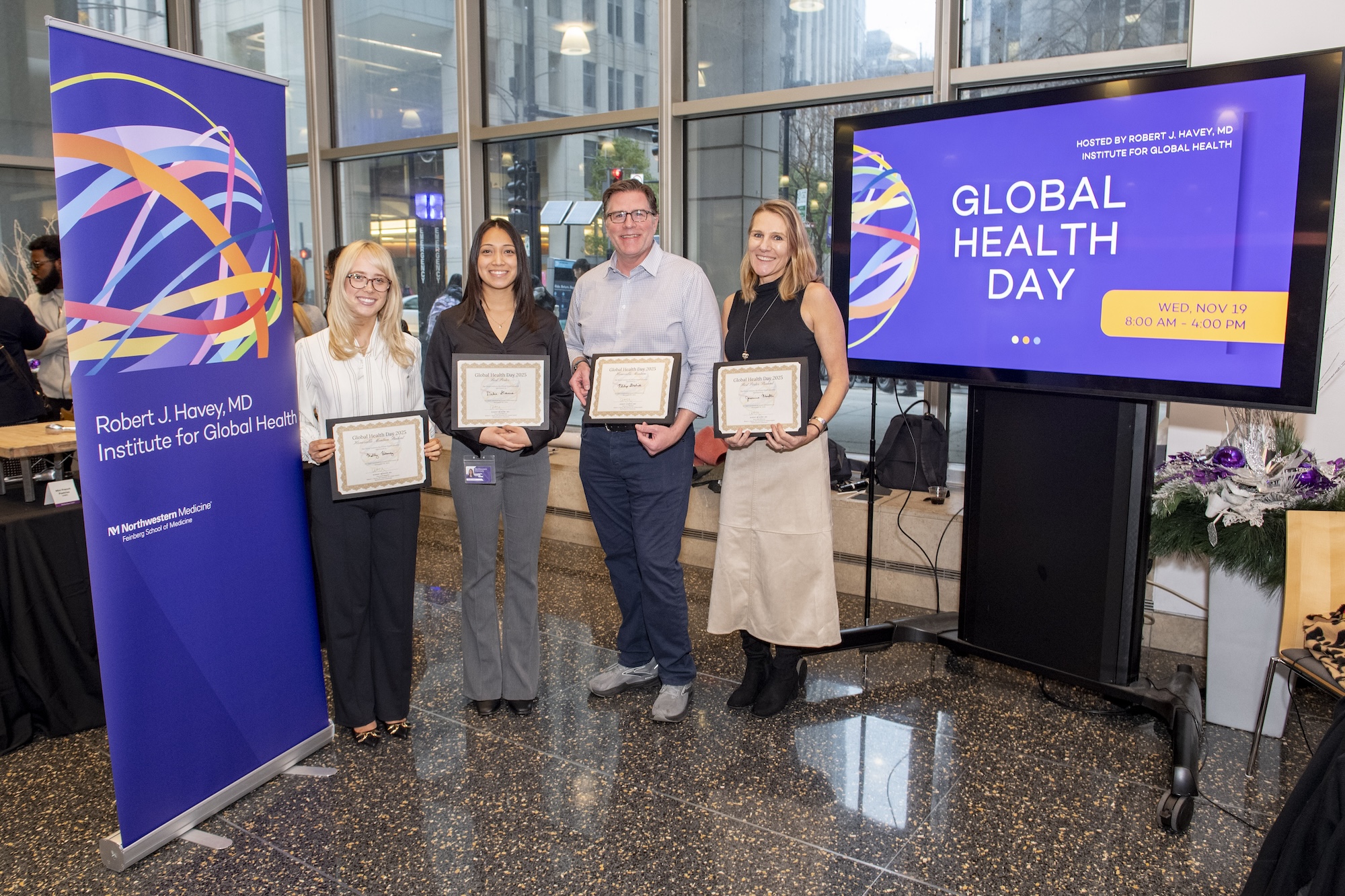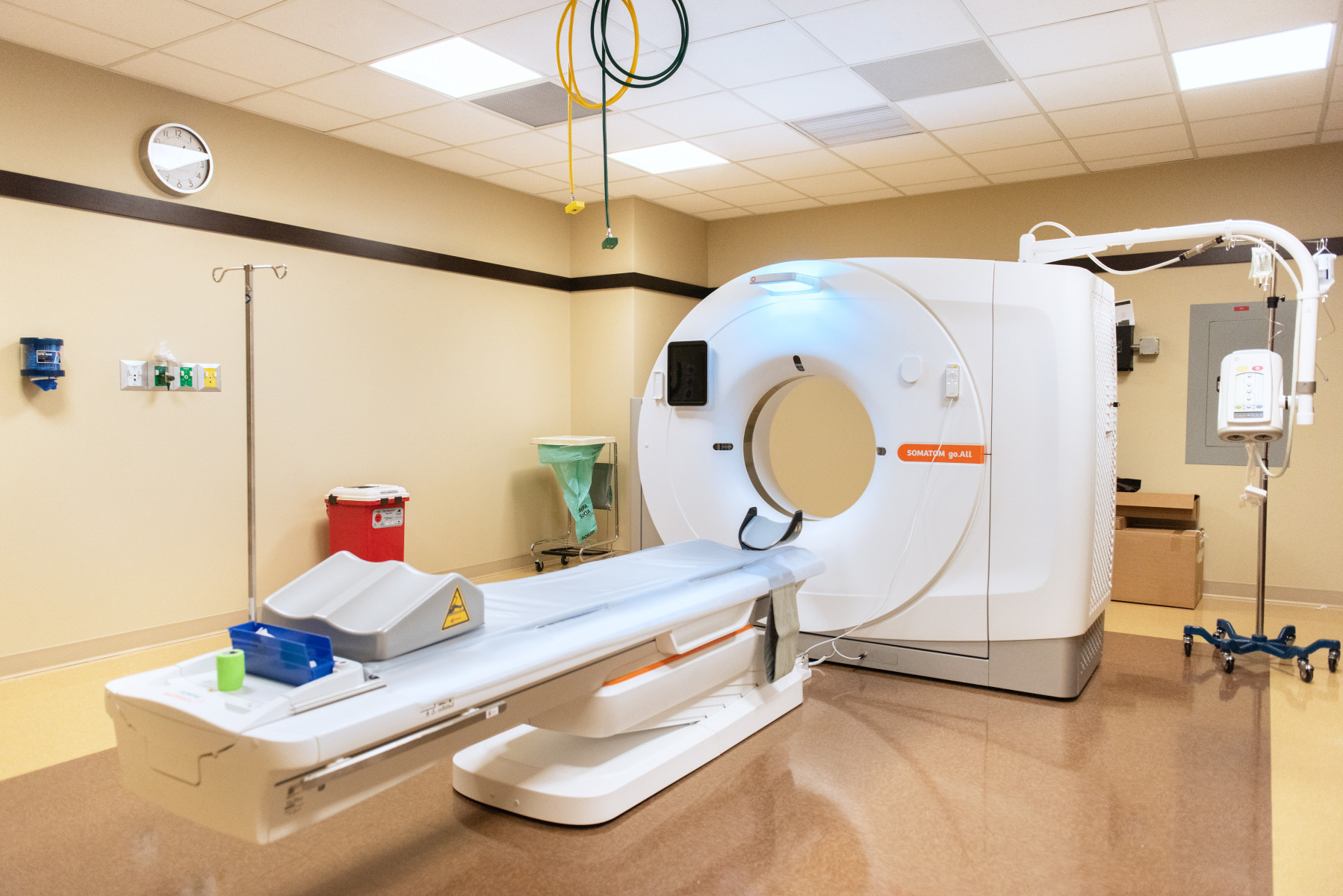
Darby Morhardt, PhD, LCSW, research professor in the Mesulam Center for Cognitive Neurology and Alzheimer’s Disease and of Preventive Medicine in the Division of Public Health Practice, was recently appointed to the Illinois Supreme Court Commission on Elder Law.
The commission, which became effective April 12, is tasked with helping the Illinois Supreme Court more effectively address the needs and legal issues of seniors and their families in the state of Illinois.
“I am honored to be given this opportunity to apply my 38 years of working with older adults, primarily persons living with cognitive impairment and their families, to the Illinois Supreme Court to better serve the needs of this vulnerable population,” said Morhardt, who also directs the Mesulam Center’s Outreach, Recruitment and Engagement Core and Quality of Life Programs.
Read a Q&A with Morhardt below:
How will you be involved with the commission?
My understanding is that the Illinois Supreme Court Commission on Elder Law has been directed to gather evidence and experiential information from those who are working most closely with older adults and their families.
The charge of the Commission on Elder Law is to give Illinois attorneys guidance when representing cognitively impaired clients; examine the adult guardianship proceedings in the state and make recommendations to the revision of policies, procedures and rules that affect outcomes; analyze and make recommendations for the standardization of Guardian ad litem qualifications; study other states’ programs tackling Elder Law issues; and work with the Illinois Mental Health Task Force to develop recommendations related to attorneys who are aging around fitness to practice.
This is obviously a monumental charge, and my role will likely be in the area where I can contribute the most based on my experience and expertise.
How will your work in studying and clinically working with cognitively impaired adults and their families help advance the commission’s reach?
Persons living with dementia are increasingly vulnerable as the disease progresses, affecting multiple areas of cognition, including decision-making capacity. Caregiving families are often stressed and burdened with their person’s increasing dependency, often leading to their own vulnerability for mental and physical health concerns. They are often not aware of how to best care for their person or how to access the help that they need. Families can experience conflict which complicates the ability to provide adequate care. A holistic and systemic understanding of the ambiguity that families face, in addition to knowing how a family has functioned prior to the onset of cognitive impairment, is needed to intervene appropriately and effectively.
In addition, I realize I have had the privilege of working with one of the best Alzheimer’s disease research centers in the country. However, I know many people throughout the state of Illinois do not have access to this kind of care due to barriers that largely stem from historical social injustice. Working to assure better outcomes for cognitively impaired older adults and families is a principle that I maintain in my daily work and will bring to this commission.






